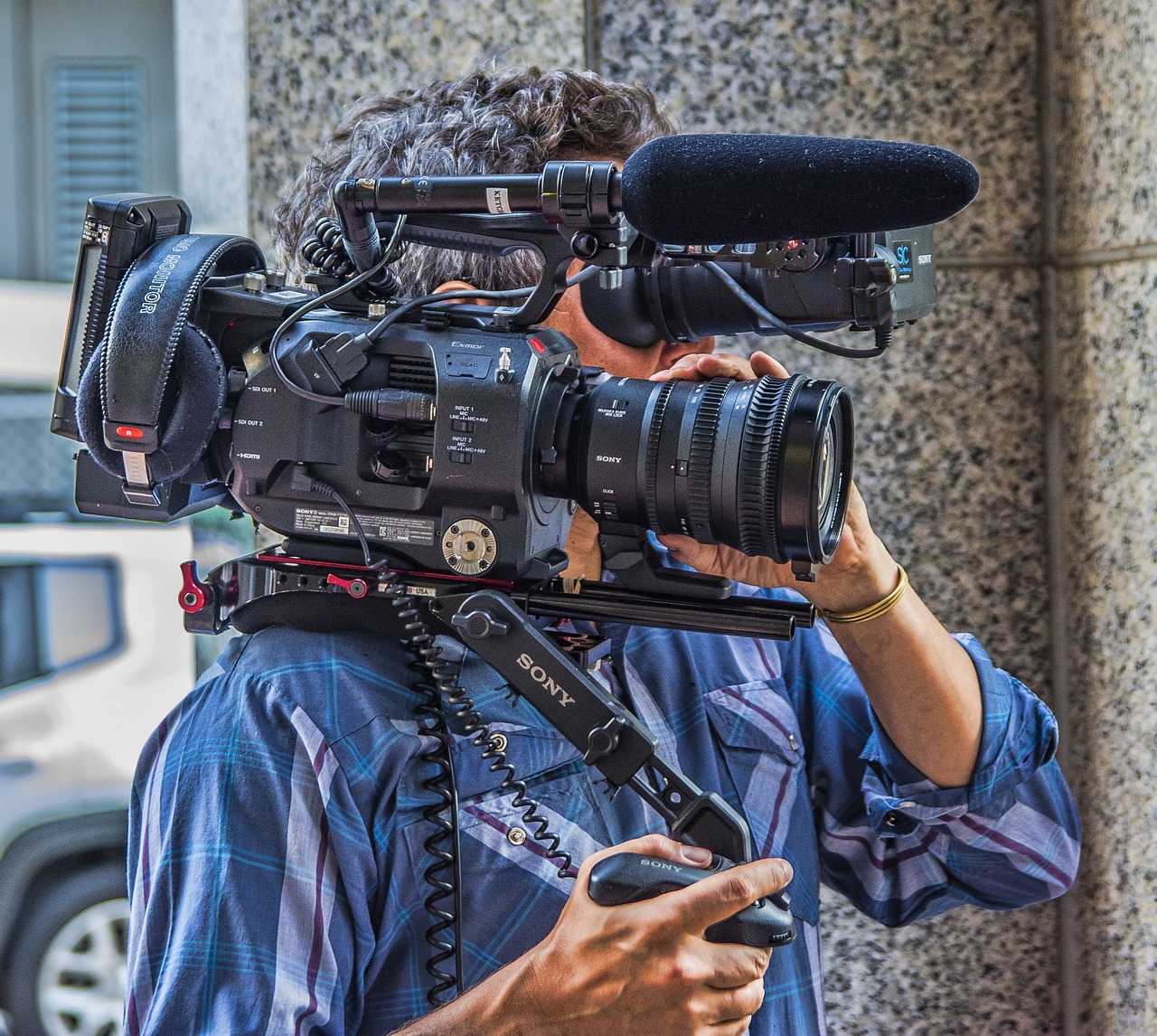The Intersection of AI and Creative Industries: Music, Art, and Film
In the realm of music production, artificial intelligence (AI) has revolutionized the creative process. AI algorithms can analyze vast amounts of data to generate melodies, harmonies, and even entire compositions. This technology offers a treasure trove of possibilities for musicians and producers seeking innovative ways to enhance their artistry.
AI’s impact on music production extends beyond composition. It can also be employed in tasks such as sound engineering, mixing, and mastering. These automated processes help streamline workflow, saving valuable time and resources for music creators. With AI’s assistance, artists can focus more on the artistic aspects of their work, pushing the boundaries of creativity and producing high-quality music efficiently.
AI’s Role in Art Creation
Artificial Intelligence (AI) has begun to play a significant role in the realm of art creation. As technology continues to evolve and push boundaries, AI tools have empowered artists to explore new avenues of creativity and innovation. In the field of visual arts, AI applications are being used to generate unique and compelling artworks that challenge traditional notions of authorship and creativity.
One of the key strengths of AI in art creation lies in its ability to analyze vast amounts of data and generate new insights and possibilities. Through machine learning algorithms, AI systems can identify patterns, trends, and styles present in a wide range of artistic works, enabling artists to leverage this knowledge in their own creative endeavors. By providing artists with new tools and resources for inspiration, AI is reshaping the landscape of art creation and opening up exciting possibilities for artistic expression.
The Use of AI in Film Editing
As technology continues to advance, the role of AI in film editing has become increasingly prominent. AI algorithms are capable of analyzing vast amounts of data and information to assist filmmakers in streamlining the editing process. By using AI, editors can improve the efficiency of their work and focus more on the creative aspects of post-production.
One of the key benefits of AI in film editing is its ability to automate repetitive tasks, such as sorting through hours of footage or color correction. This not only saves time but also allows filmmakers to experiment with different editing techniques more freely. Additionally, AI can help identify patterns and trends in audience preferences, enabling editors to tailor their work to better resonate with viewers.
How does AI impact music production?
AI can help music producers in various ways, such as generating music based on specific styles or genres, assisting in the composition process, and even mastering tracks for optimal sound quality.
What role does AI play in art creation?
AI can be used to create art in various forms, such as generating digital artwork, assisting with creative processes, and even collaborating with human artists to produce unique pieces.
How is AI utilized in film editing?
AI is increasingly being used in film editing to streamline the editing process, enhance visual effects, and even assist in color correction and sound editing tasks. It can help save time and improve overall production quality.





